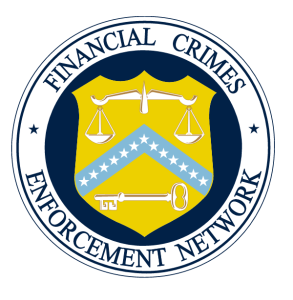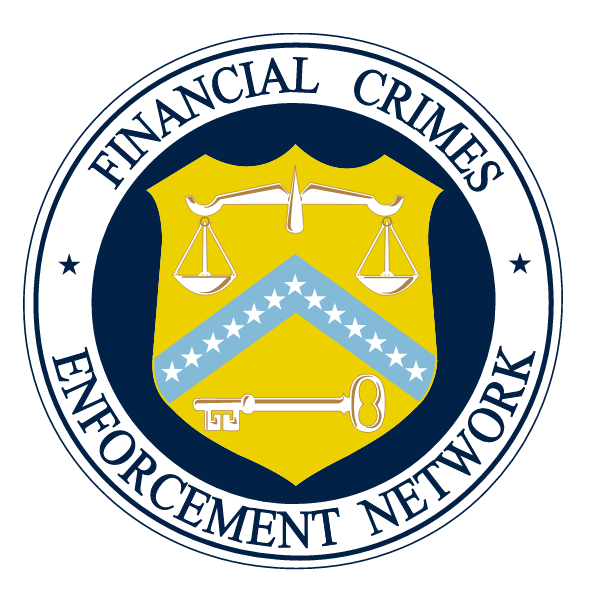
How Does the IRS Enforce the FBAR?
The Report of Foreign Bank and Financial Accounts, (FBAR), is required when a U.S. Person has a financial interest in or signature authority over one or more foreign financial accounts with an aggregate value greater than $10,000. If a report is required, certain records must also be kept. In April 2003, the IRS was delegated civil enforcement authority for the FBAR.
Under U.S. law, a “U.S. person” is required to annually file an FBAR and report his or her ownership of or signature authority over certain “foreign financial accounts.” In general, FBAR reporting is required if the maximum aggregate value of the US person’s foreign financial account(s) exceeded US$10,000 at any time during the calendar year.
FBARs must be e-filed on FinCEN Form 1144 with the Department of the Treasury’s Financial Crimes Enforcement Network (FinCEN) on or before June 30th for the preceding calendar year.
Starting for the tax year 2015, the FBAR will have to be filed by April 15. No extension of time to file is available. Civil penalties for failing to properly file an FBAR range from up to US$10,000 per unreported account for non-willful violations, to the greater of US$100,000 or 50 percent of the account balance per year for a “willful” failure to properly report a foreign account.
Regulatory authority for the FBAR is 31 C.F.R. §§ 103.24 and 103.27. Section 103.32 provides for FBAR records and Section 103.56 tasks the IRS with FBAR enforcement. Section 103.24 states that each person subject to the jurisdiction of the United States (except a foreign subsidiary of a U.S. person) who has a financial interest in, or signature or other authority over, a bank, securities, or other financial account in a foreign country must report that relationship to the Commissioner of the Internal Revenue for each year in which the relationship exists. The U.S. person must provide information as specified in the required reporting form.
The authority to enforce the provisions of 31 U.S.C. § 5314 and 31 C.F.R. §§103.24 and 103.32 has been re-delegated from FinCEN to the Commissioner of the Internal Revenue Service by a Memorandum of Understanding (MOU) between FinCEN and IRS. This includes authority to:
- Investigate possible civil violations of these provisions;
- Assess and collect civil FBAR penalties;
- Employ the summons power;
- Issue administrative rulings; and,
- Take any other action reasonably necessary for the enforcement of these and related provisions, including pursuit of injunctions.
The IRS may waive penalties if the failure to file FBAR was due to reasonable cause. However, “willful” reporting violations may be subject to criminal penalties, which may be imposed in addition to asset forfeiture or civil penalties.
U.S. persons, as defined by the statute, with unreported foreign bank accounts are increasingly at risk of the IRS and Department of Justice identifying those accounts since the implementation of the Foreign Account Tax Compliance Act (FATCA). FATCA, enacted in 2010 and implemented on July 1, 2014, requires foreign financial institutions worldwide to perform in-depth due diligence and to collect information to identify any US account holders or US beneficial owners of financial assets abroad, and to automatically disclose account information annually to the IRS.
Once that information is disclosed and the IRS learns of a failure to file, the IRS may act to enforce civil and sometimes criminal penalties against the U.S. Person with legal authority or ownership of the foreign financial account.
It is vitally important you seek counsel in dealing with FBAR filing and related issues. Once a U.S. person is under IRS audit or whose non-compliance has been identified by the government, there are no corrective remedies available for FBAR compliance. A US person concerned that the government may view any FBAR errors or omissions as “willful” should engage legal counsel to fully evaluate the facts and circumstances and assess the potential civil and criminal exposure in order to resolve the matter before the IRS gets involved.








